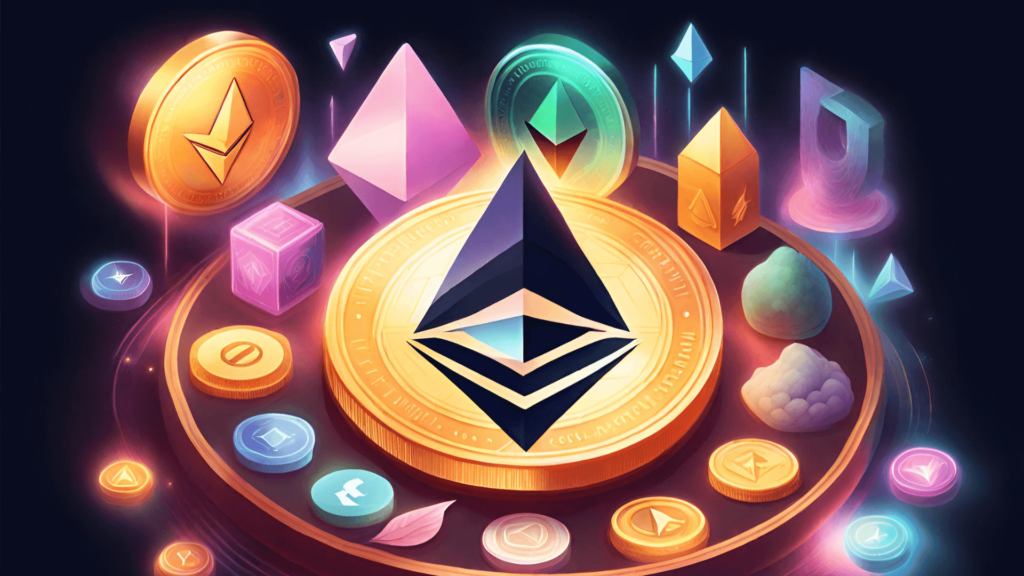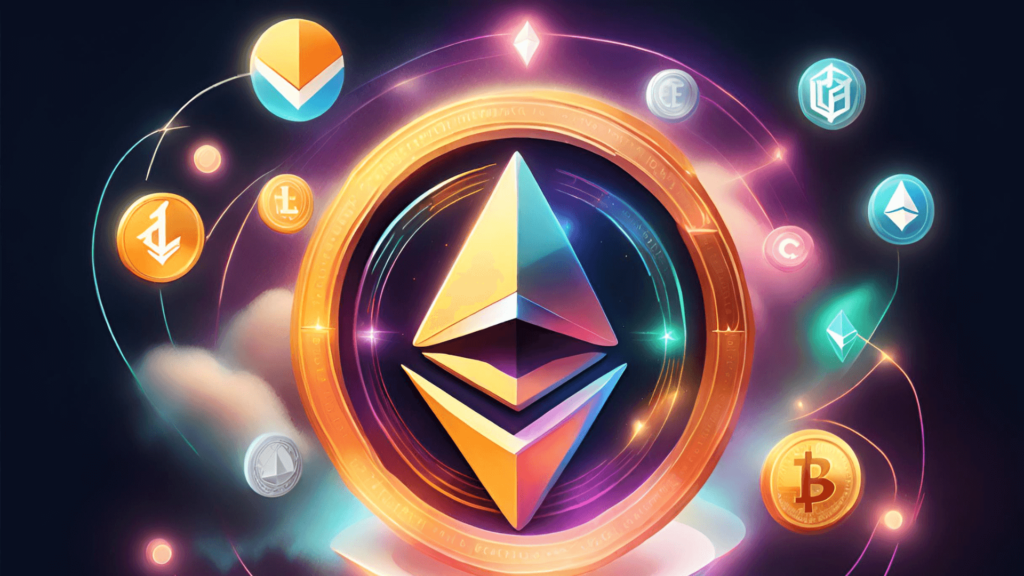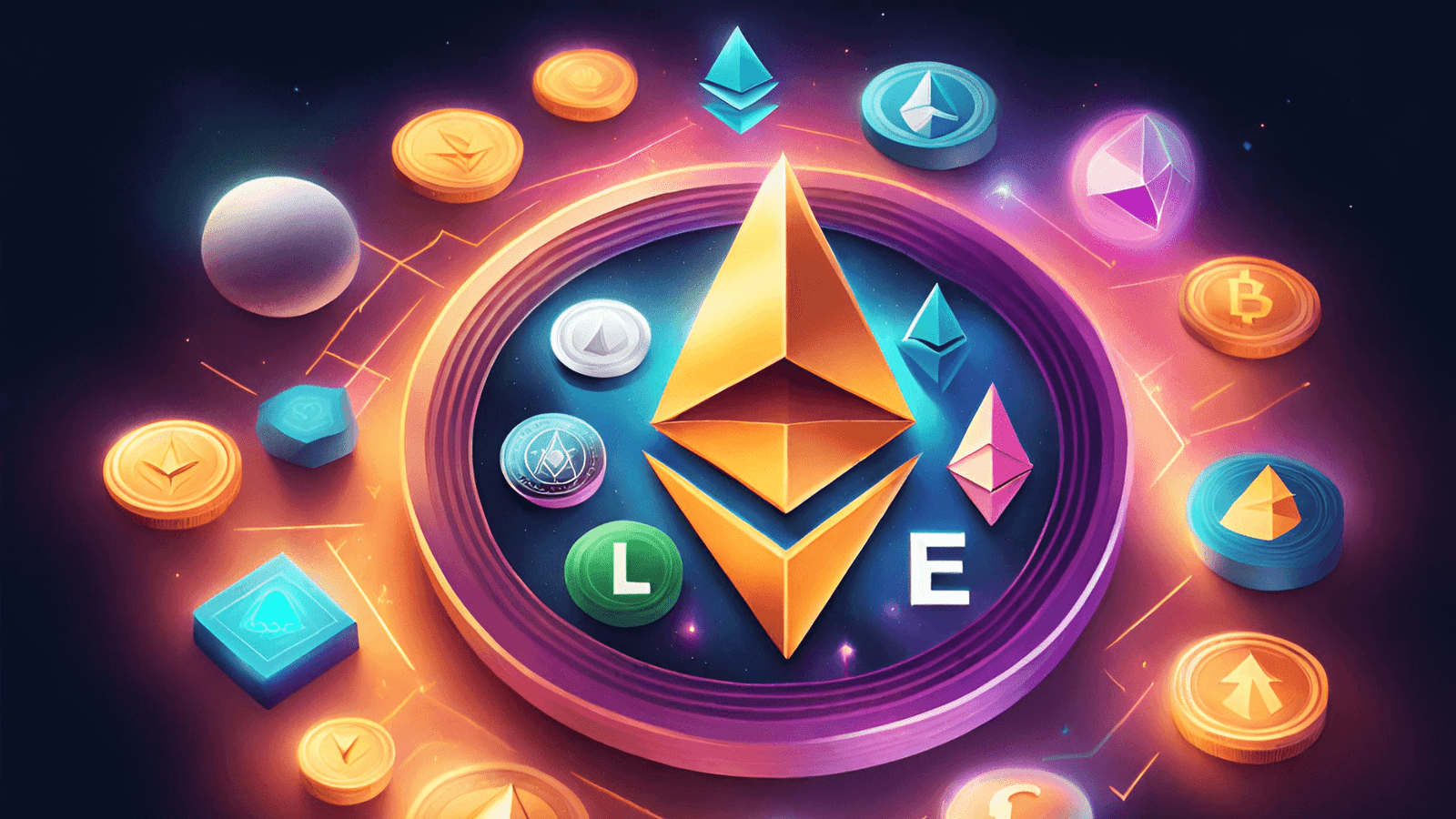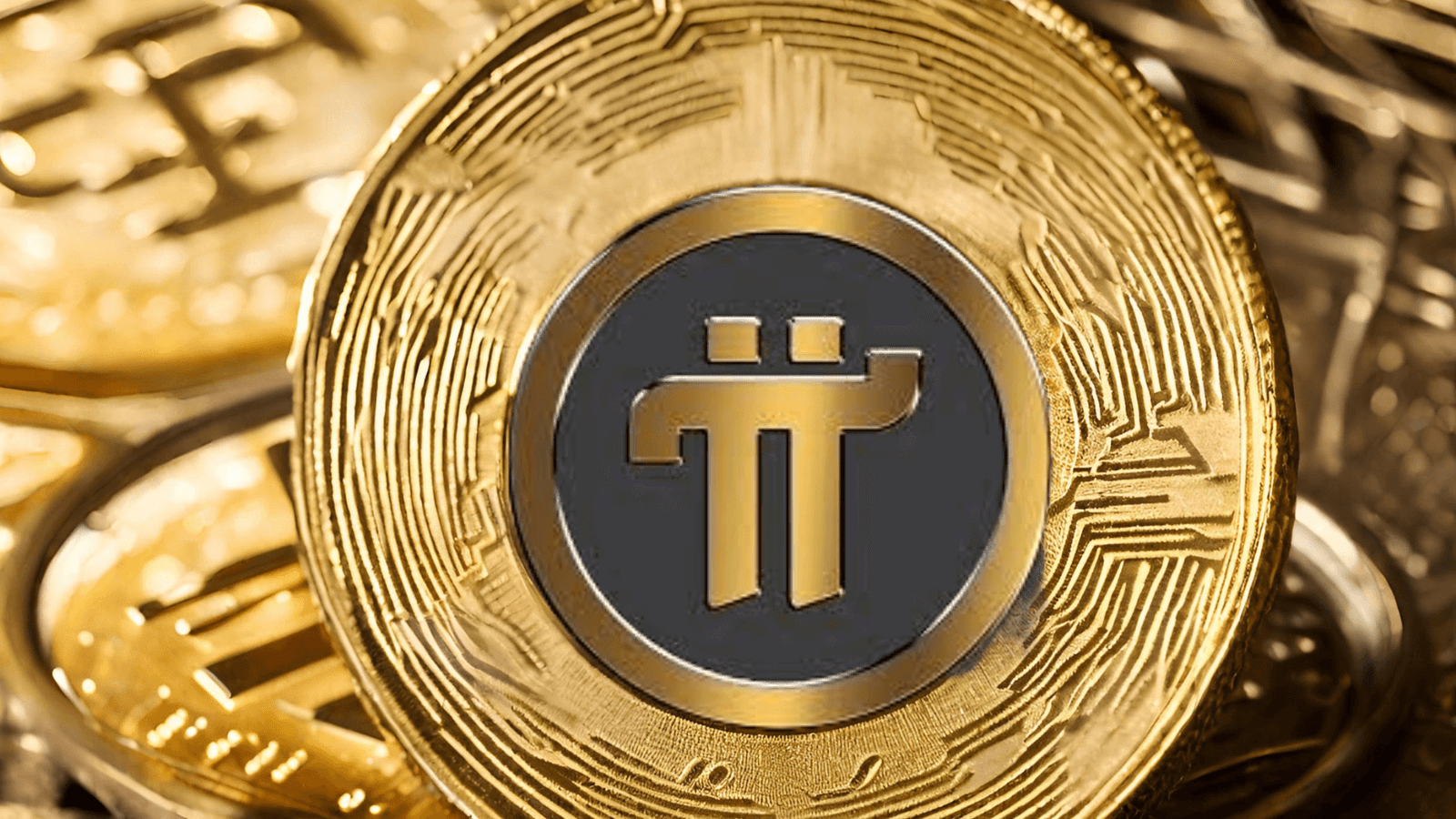What is AltCoin and Why Should You Invest?

What is AltCoin?
Altcoin Market Definition
What is AltCoin and Why Should You Invest? | The world of cryptocurrencies continues to expand, and altcoins are carving out their own niche in the digital currency landscape. Altcoins, short for alternative currencies, refers to any cryptocurrency other than Bitcoin. While Bitcoin remains the dominant player in the market, altcoins offer unique functionalities, features, and investment opportunities.
Altcoin Rise: Exploring the Crypto Landscape
Over the years, the rise of altcoins has been notable. Since Bitcoin is the path to decentralized digital currency, altcoins have emerged as a response to the limitations and shortcomings of the pioneer. The popularity of altcoins can be attributed to their ability to address specific use cases, solve technological challenges, and offer investors various options in the digital asset space.
Importance of Altcoin investments in diversification
Investing in altcoins allows people to diversify their cryptocurrency portfolio. While Bitcoin remains a prominent investment option, allocating funds to altcoins can reduce risk and potentially maximize returns. By spreading investments across multiple altcoins, investors can mitigate the impact of market fluctuations and avoid exclusive dependence on a single cryptocurrency.
Understanding Altcoins

What differentiates Altcoins from Bitcoin?
Altcoins vs. Bitcoin: Key Differences in Functionality
Altcoins differ from Bitcoin by offering unique features and capabilities. While Bitcoin primarily functions as a digital currency, altcoins expand the concept by incorporating additional functionalities. These capabilities may include smart contracts, privacy features, or specialized blockchain services.
Altcoins as a solution to Bitcoin’s limitations
Bitcoin’s limitations, such as scalability and slower transaction speeds, have paved the way for altcoins to step in and offer innovative solutions. Altcoins often aim to address these limitations by implementing advanced technologies or protocols that enable faster transactions, greater scalability, and enhanced privacy features. This diversification within the cryptocurrency ecosystem encourages healthy development and competition.
Exploring the varied use cases of Altcoins
Altcoins serve a wide range of use cases, each designed to address different needs within the digital economy. Some altcoins focus on offering fast, low-cost transactions for everyday purchases, while others target industries such as supply chain management, healthcare, or decentralized finance. The diverse functionality of altcoins opens possibilities for applications beyond traditional currencies.
Key factors to consider before investing in Altcoins
Evaluation of Altcoin Blockchain Technology
Before investing in any altcoin, it is essential to understand the underlying blockchain technology that powers it. Examining factors such as scalability, security, and the consensus mechanism employed by the altcoin blockchain can provide valuable insights into its potential for long-term success.
Analyzing the development team and community
A strong and dedicated team behind an altcoin is vital to its growth and development. Investors should evaluate the qualifications and experience of team members, as well as their commitment to continued innovation. Additionally, assessing the size and activity of the altcoin development community can provide an indication of its potential for continuous updates and improvements.
Examining market liquidity and volatility
Market liquidity and volatility directly affect the ease of buying, selling, and trading altcoins. Greater liquidity ensures that investors can enter and exit positions seamlessly, while volatility exposes them to potentially greater risks, but also greater rewards. Understanding the liquidity and volatility of a specific altcoin can help investors make informed decisions based on their risk tolerance and investment objectives.
### Different types of Altcoins
Altcoins: Closing the Gap to Widespread Adoption
Altcoins aim to become everyday digital currencies that can be widely adopted for various transactions. Examples include Litecoin, XRP and Bitcoin Cash. These altcoins focus on improving transaction speed, reducing fees, and improving scalability to address the limitations of traditional cryptocurrencies like Bitcoin.
#### Altcoins Platform: Enabling Smart Contracts and Decentralized Applications
Platform altcoins, such as Ethereum and EOS, serve as a foundation for the development of decentralized applications (DApps) and smart contracts. These altcoins provide developers with the tools and infrastructure necessary to build and deploy applications that run on their respective platforms.
Utility Altcoins: Take advantage of specialized Blockchain services
Utility altcoins offer specialized services on a blockchain network. For example, altcoins like Chainlink and BAT provide decentralized oracles and advertising solutions, respectively. These altcoins leverage blockchain technology to offer unique functionalities that serve specific industries, providing value beyond traditional currencies.
The Potential Benefits and Risks of Altcoin Investments

Potential Benefits of Investing in Altcoins
Higher Growth Potential compared to Established Cryptocurrencies
While Bitcoin remains a popular investment choice, altcoins often exhibit higher growth potential due to their emerging technologies and innovative use cases. Early investments in promising altcoins can result in significant returns if the projects succeed and gain adoption.
Diversification: Minimizing Risk and Maximizing Returns
Altcoin investments offer diversification benefits within the digital asset space. Instead of relying solely on Bitcoin, investors can spread their risk across multiple altcoins with different utilities, technologies, and development teams. This diversification helps mitigate the impact of potential downturns in any one specific cryptocurrency.
Early-Stage Opportunities: Capitalizing on Technological Innovations
Investing in altcoins provides an opportunity to support and capitalize on technological innovations in the blockchain ecosystem. By identifying altcoins that solve real-world problems or introduce novel concepts, investors can contribute to and benefit from the early stages of groundbreaking projects.
Understanding the Risks in Altcoin Investments
Volatility and Regulatory Risks in the Altcoin Market
Altcoin investments come with inherent risks, including market volatility and uncertain regulatory environments. Prices of altcoins can experience significant fluctuations, which may result in substantial gains or losses. Additionally, changes in regulations or legal frameworks can impact the viability and future prospects of specific altcoins.
Scams and Lack of Regulation: Protecting Yourself as an Investor
The altcoin market is not free from scams and fraudulent projects. Lack of regulation creates an environment where bad actors can operate and deceive unsuspecting investors. It is crucial to exercise caution, conduct thorough research, and only invest in reputable altcoins that have transparent operations, active communities, and solid development teams.
Market Manipulation and Lack of Transparency
Due to the relatively low market capitalization of many altcoins, they are susceptible to manipulation by large holders or malicious actors. Lack of transparency and the presence of unregulated exchanges can further contribute to market manipulation, making it imperative for investors to stay vigilant and rely on trusted sources of information.
Strategies for Safely Investing in Altcoins
Conducting Thorough Research and Due Diligence
Before investing in any altcoin, conducting thorough research is essential. This includes understanding the project’s whitepaper, assessing the legitimacy of the team and their past track record, reviewing the altcoin’s community engagement, and staying updated with the latest news and developments.
Diversifying Your Altcoin Portfolio
Diversification is key to managing risk in any investment portfolio, including altcoins. Rather than focusing on a single altcoin, spreading investments across multiple projects with different utilities and technologies can help mitigate potential losses and increase the chances of capturing significant gains.
Setting Realistic Expectations and Managing Risk
Managing expectations and understanding the inherent risks of altcoin investments is crucial for long-term success. Investors should set realistic goals, acknowledge potential volatility, and be prepared for both positive and negative outcomes. Implementing risk management strategies, such as setting stop-loss orders and portfolio rebalancing, can help protect investments.
Altcoin Investment Strategies

Long-Term Versus Short-Term Altcoin Investments
Advantages of long-term investments in promising altcoins
Long-term investments in promising altcoins can generate substantial returns if the projects gain traction and achieve widespread adoption. By identifying altcoins with strong fundamentals and investing early, investors can potentially benefit from the long-term growth of these projects.
Short-term trading: Capitalizing on altcoin price volatility
Short-term trading involves taking advantage of price volatility and making quick trades to generate profits. Altcoins are known for their price fluctuations, offering opportunities for traders to enter and exit positions in relatively short periods of time. However, short-term trading requires extensive knowledge, technical analysis skills, and the ability to manage risk effectively.
Balance of short and long-term strategies
Balancing short- and long-term investment strategies can be a prudent approach. By allocating a portion of the portfolio to long-term holdings in promising altcoins and dedicating another portion to short-term trading, investors can benefit from both the growth potential of specific altcoins and the advantages of capitalizing on short-term price movements. .
Altcoin investment tools and platforms
Cryptocurrency Exchanges: Key Platforms for Altcoin Trading
Cryptocurrency exchanges serve as primary platforms for buying, selling, and trading altcoins. It is essential to choose reputable exchanges with high liquidity, strong security measures, and a wide range of altcoins available for trading. Some popular exchanges include Binance, Coinbase, and Kraken.
Hardware and Software Wallets: Ensuring the Safety of Altcoin Holdings
To ensure the safety of altcoin holdings, investors must use hardware or software wallets. Hardware wallets, such as Ledger and Trezor, offer offline storage and enhanced security features. Software wallets, such as Exodus and Trust Wallet, provide convenient access to altcoins while maintaining a certain level of security.
Altcoin Mutual Funds and ETFs: Making Altcoin Investments Simple
For those looking for simplified altcoin investments, there are altcoin investment funds and exchange-traded funds (ETFs) available. These investment vehicles allow investors to gain exposure to a diversified portfolio of altcoins without the need to individually manage and store each altcoin. They offer convenience, professional management and broader market access.
Altcoin Investment Strategies for Beginners
Dollar Cost Averaging – Gradually Building a Position
Dollar-cost averaging (DCA) is a strategy where investors regularly invest a fixed amount of money into altcoins, regardless of market conditions. This approach helps mitigate the impact of short-term price fluctuations by averaging the entry price over time. DCA is suitable for beginners as it eliminates the need to time the market and reduces the risk of making abrupt investment decisions based on market volatility.
Establish and fulfill an investment plan
Establishing an investment plan and sticking to it is crucial for beginners entering the altcoin market. This plan should outline investment objectives, risk tolerance, and desired allocation to altcoins. By following a well-defined plan and avoiding impulsive decisions, beginners can maintain a disciplined approach to their altcoin investments.
Learning from experts and following Altcoin trends
For beginners, learning from experts and staying up to date on altcoin trends can provide valuable information and guidance. Engaging with reputable sources such as cryptocurrency media, forums, and social media communities allows beginners to expand their knowledge, gain insights from experienced investors, and stay on top of emerging altcoin projects.
Summary and FAQs
Summary: Recap of the Key Takeaways
In summary, altcoins offer unique functionalities and investment opportunities beyond Bitcoin. They address Bitcoin’s limitations, cater to diverse use cases, and provide potential benefits such as higher growth potential and portfolio diversification. However, altcoin investments come with risks, including market volatility, regulatory uncertainties, scams, and lack of transparency. Safely investing in altcoins requires thorough research, diversification, and realistic expectations. Long-term and short-term investment strategies, along with the use of appropriate tools and platforms, can help investors navigate the altcoin market successfully.
### Frequently Asked Questions: Addressing Common Concerns
Are Altcoins a safer investment than Bitcoin?
Altcoins are not inherently safer or riskier than Bitcoin. The risk profile of each altcoin varies, and investors must conduct due diligence to assess the legitimacy, technology, team, and market conditions surrounding a particular altcoin.
Which altcoins show the most potential for growth?
Identifying altcoins with growth potential requires careful research and analysis. Factors to consider include the altcoin’s technology, team, use case, adoption rate, and market conditions. While it is challenging to predict specific altcoins that will excel, significant attention should be given to projects that are addressing real-world problems and have a strong value proposition.
How can one mitigate the risks associated with altcoin investments?
Mitigating risks in altcoin investments requires a combination of strategies. Thorough research and due diligence help identify legitimate projects. Diversification across different altcoins spreads risk. Setting realistic expectations and managing risk through strategies like stop-loss orders can also mitigate potential losses. Staying informed and vigilant in an ever-changing market is essential for minimizing risks associated with altcoin investments.
With a solid understanding of altcoins, their potential benefits and risks, and various investment strategies, you can confidently navigate the world of cryptocurrency and consider incorporating altcoins into your investment portfolio. Stay informed, conduct due diligence, and continuously reassess your investment strategy to make informed decisions in this dynamic market.
What is AltCoin and Why Should You Invest?




